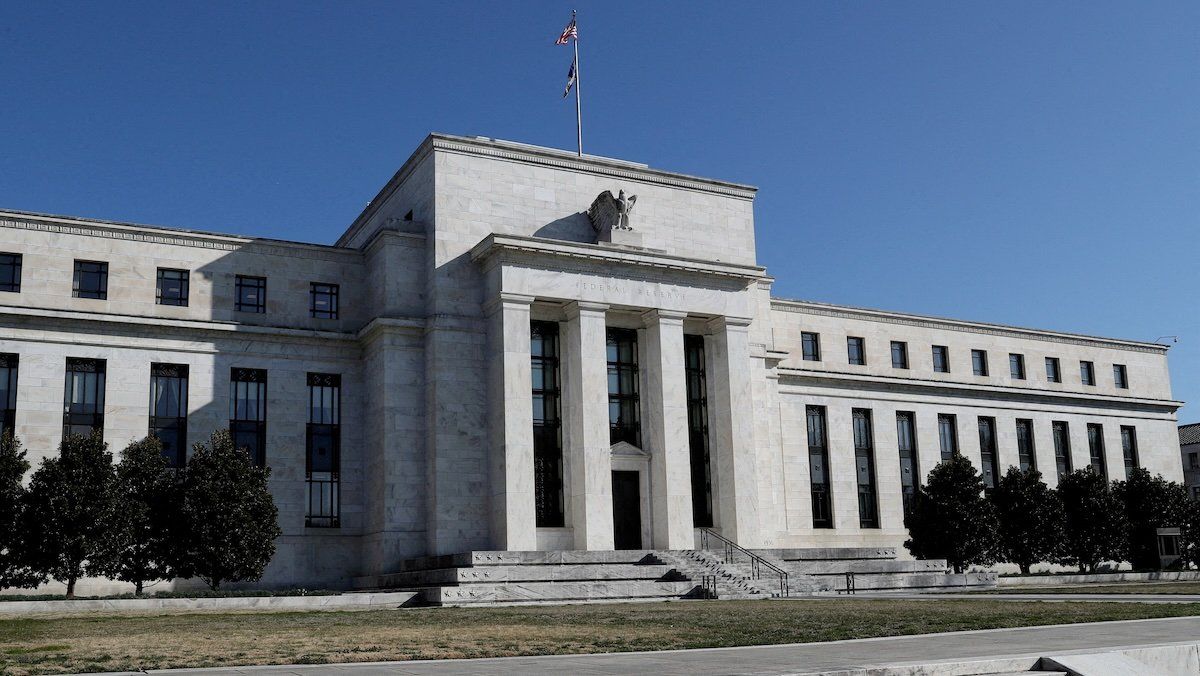On Wednesday, the Bank of Canada cut its interest rate by a cautious quarter point to 4.75% for the first time in over four years. In April, inflation was 2.7%, close to the 2% target. Experts expect the Bank could cut rates again this year twice more as Bank Governor Tiff Macklem suggested inflation numbers were trending toward a return to normal, but he wasn’t going to rush things, saying “we are taking our interest rate decisions one meeting at a time” as concern about inflation persists despite the downward trend.
The rate cut is notable not just for Canada, but for the US and, in fact, several of its allies. Canada is the first G7 central bank to cut rates, which puts it ahead of the US Fed, which held rates steady last month between 5.25 and 5.5%, citing a slower than expected cooling of inflation.
Earlier this week, speaking to Politico, economist Frances Donald noted that with the European Central Bank expected rate cut, which arrived today as predicted with a quarter-point slash to 3.75%, and China’s cut, the world is facing an “atypical” situation in which the US Federal Reserve is behind the world, and that is “creating some turbulence,” at least for now.
Economists, politicians, bankers, and other market watchers will be waiting to see just how far the Fed will diverge from the G7, the ECB, and China – and whether there’s a broader realignment in the works or a slightly-slower-than-expected return to the Fed-led status quo.
